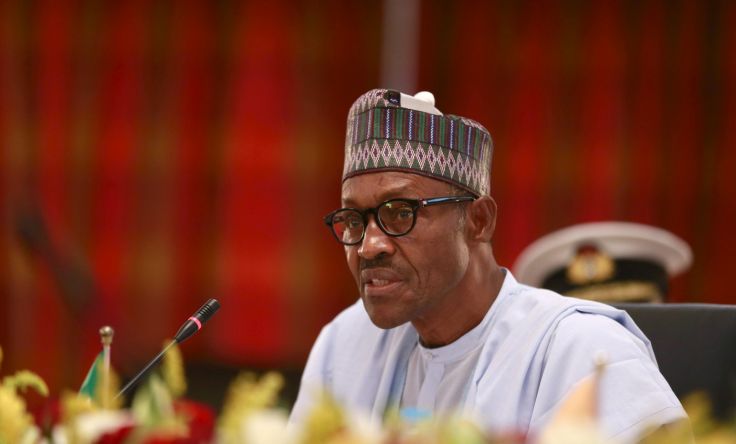
ABUJA—The current economic recession may linger for a while as the Presidency yesterday raised alarm about imminent food shortages that might eventually lead to famine in the country starting from January next year.
This, it stated, was consequent upon an aggressive exportation of grains to foreign countries. President Muhammadu Buhari presides over October 12 ,2016 Federal Executive Council meeting.
Describing Nigeria as Africa’s largest producer of cereals and grains at the moment, the Presidency said that no fewer than 500 trucks of grains depart the country every week, following a huge demand in the global market that is targeting the country’s surplus production.
The Senior Special Assistant to President Muhammadu Buhari on Media and publicity, Mallam Garba Shehu, disclosed this during an interview with Pyramid Radio in Kano.
He said the “huge demand for our grains in the global market is creating an excellent environment for the mindless export of Nigerian grains across our borders and unless this is curtailed, Nigerian markets will be bereft of food by January next year.” The presidential spokesman said the Ministry of Agriculture had advised the President on the need to draw the attention of all Nigerians to this issue which, if not addressed promptly, could lead to a shortage of grains in the country by January.
He said: “Over the past year, Providence has blessed Nigeria with a bountiful harvest of grains, more than enough to feed the country and to export to other countries. ‘’At present, there is a high demand for grains from Nigeria, from African countries as distant as Libya and Algeria, and from places as far away as Brazil.”
“However, the Ministry of Agriculture has raised concerns about a massive rate of exportation, which could lead to a shortage of grains in Nigeria by January,” Malam Garba said.
He explained that Nigeria currently enjoyed a free market situation, adding that “President Muhammadu Buhari is not in any way opposed to or intent on tampering with that.
‘’On the other hand, exporters also have a moral obligation to make their produce available to Nigerians who live within our country’s borders, to ensure that our citizens have access to food.”
According to him, the major markets involved in the exportation are Dawanau market in Kano, Naigatari in Jigawa, Bama in Borno, and Ilela in Sokoto, as well as three other main markets in Kebbi State.
END

Be the first to comment